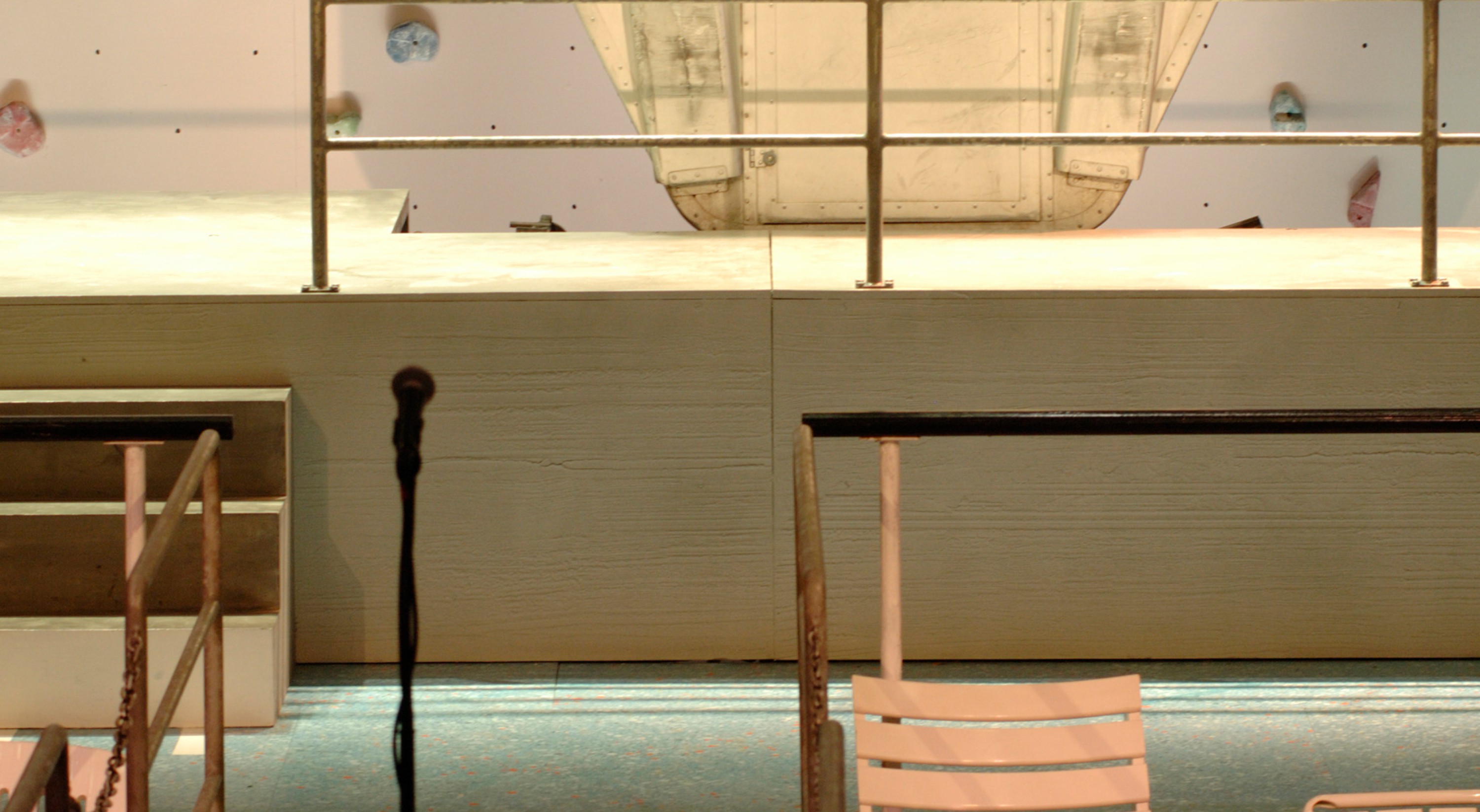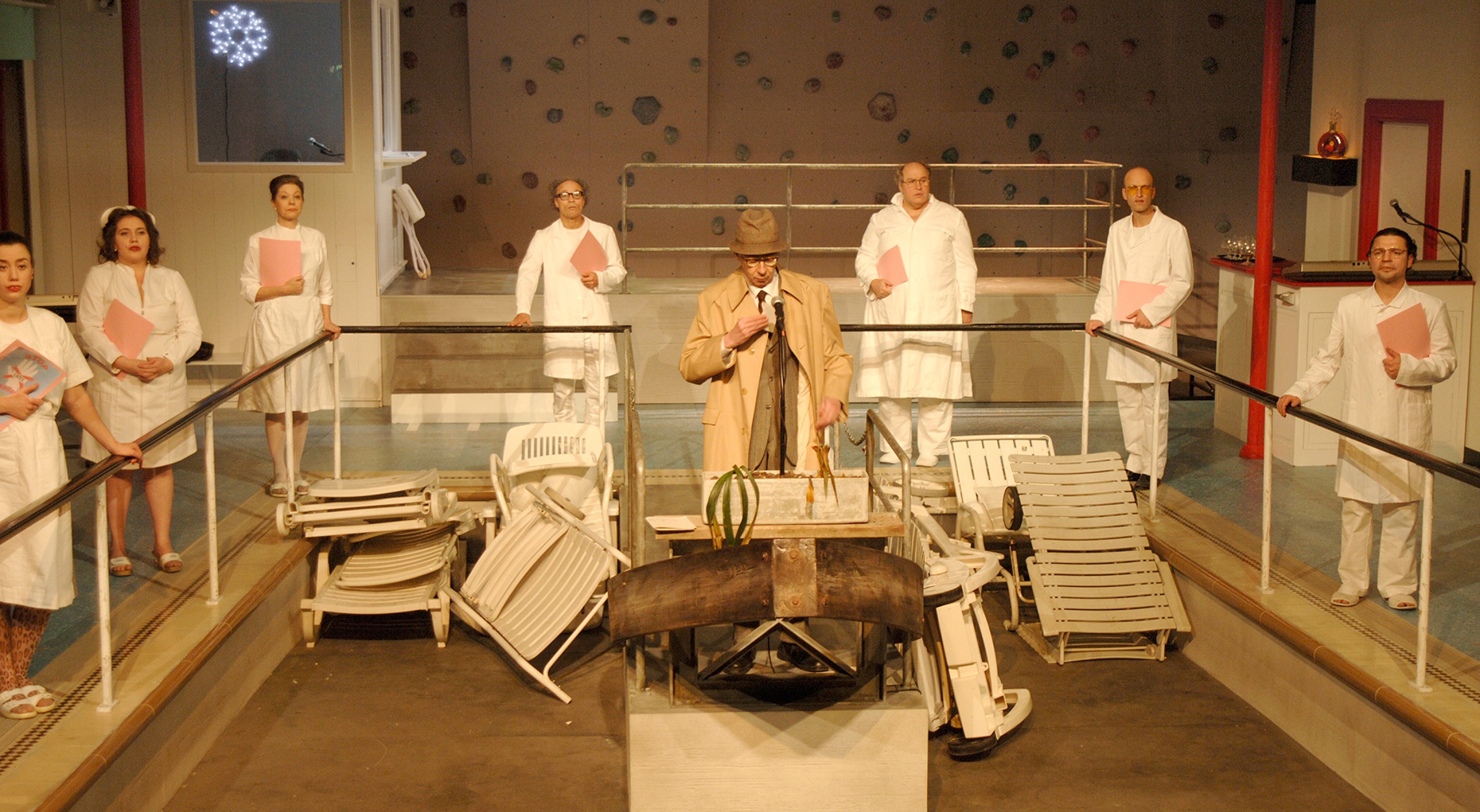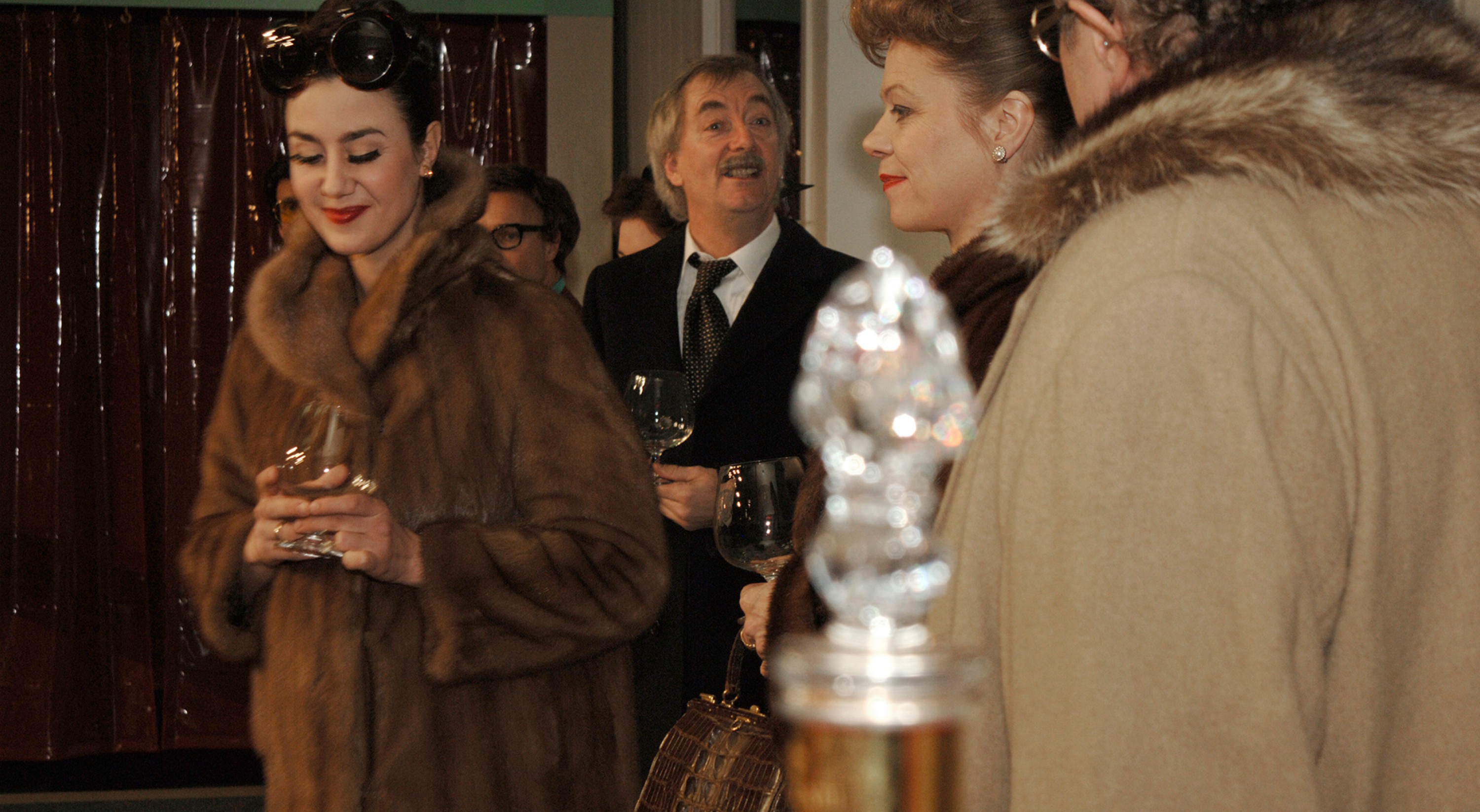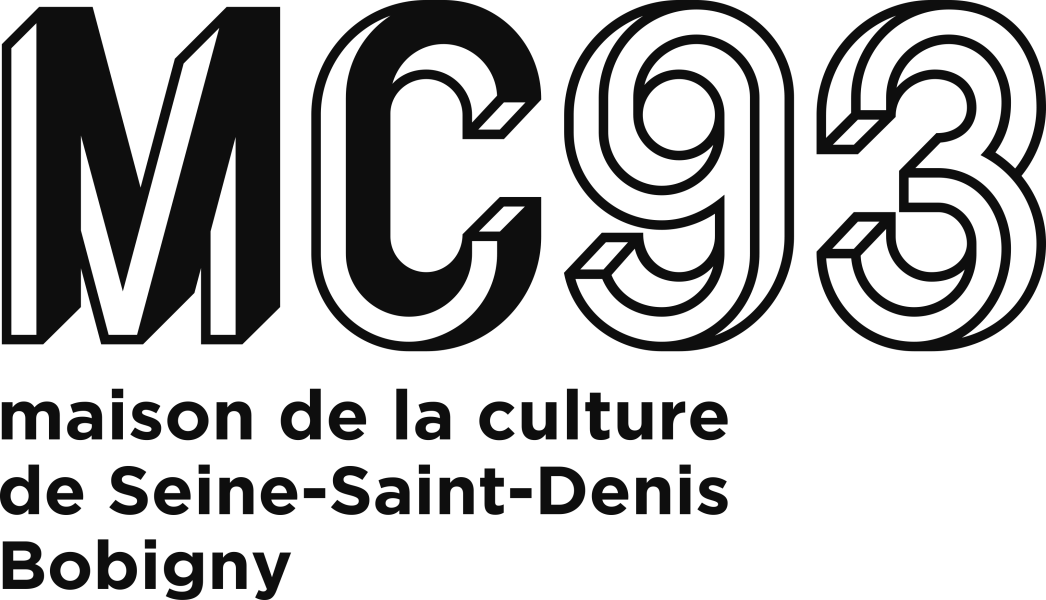Christoph Marthaler
Christoph Marthaler
Platz Mangel
octoberoct 16 – 19
Platz Mangel
Director, Christoph Marthaler
Scenography, Frieda Schneider
Costumes, Sarah Schittek
Lighting, Ursula Degen
Dramaturgy, Stefanie Carp, Malte Ubenauf
Musical rehearsal, Christoph Homberger, Jan Czajkowski
With Catriona Guggenbühl, Katja Kolm, Bettina Stucky, Raphael Clamer, Ueli Jäggi, Jürg Kienberger, Bernhard Landau, Josef Ostendorf, Clemens Sienknecht
Produced by Rote Fabrik Zürich ; GmbH
Co-produced by Wiener Festwochen ; Migros Kulturprozent ; Bitef Theatre-42BITEF08 ; Theater Chur u.a.Unterstützt ; Festival d’Automne à Paris/MC93 Bobigny ; Théâtre Garonne/Toulouse ; Théâtre de Nîmes
With the help of Pro Helvetia ; Stadt Zürich Kultur ; Fachstelle Kultur Kanton Zürich ; Ernst Göhner Stiftung
With the support of the Onda
Co-realized by MC93 Bobigny ; Festival d’Automne à Paris
A Play presented within the context of the European Cultural Season in France (1st of July-31st of December 2008)
A luxurious rest home linked to the outside world by a funicular. Sounds idyllic? But only until you learn it’s the setting for the latest satirical creation by Swiss playwright Christoph Marthaler. Indeed this mountain paradise is the antechamber of hell, whose patients – preparing to return to their cushy social lives – face a living death.
See also
In the same place



